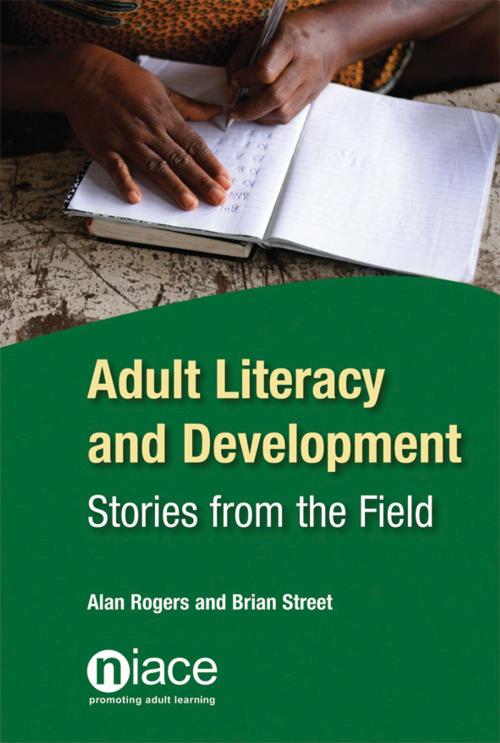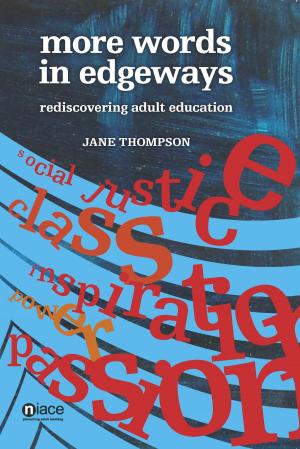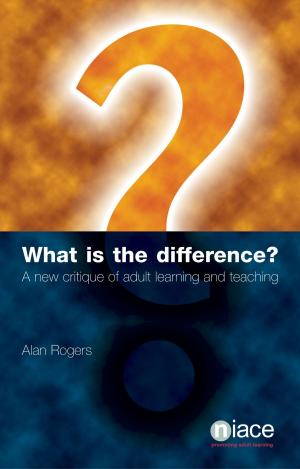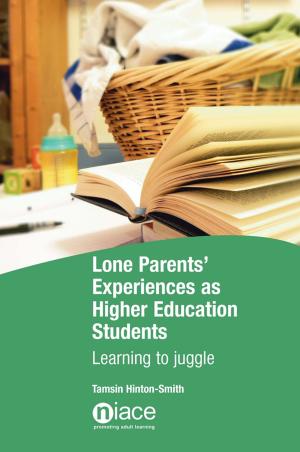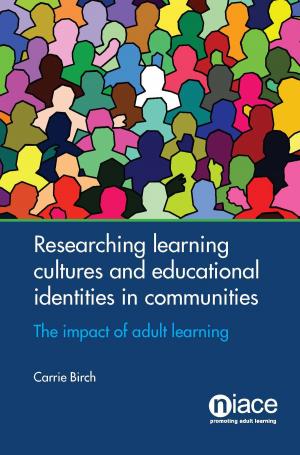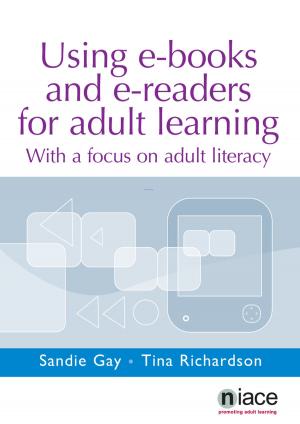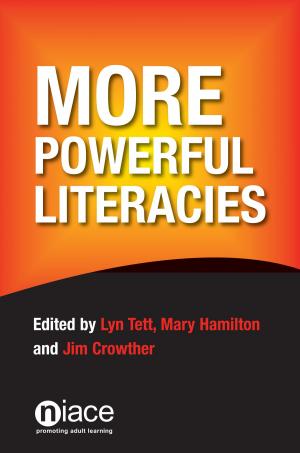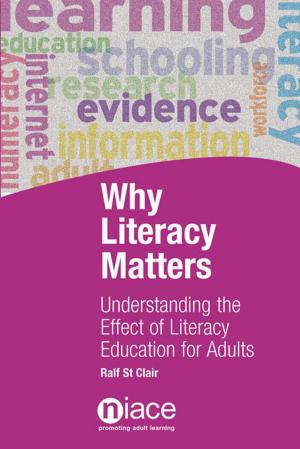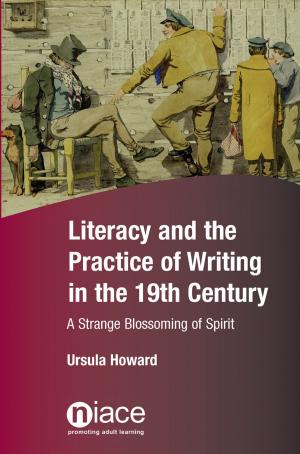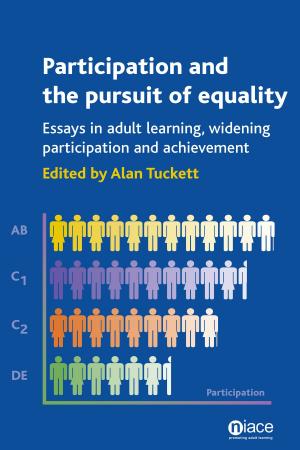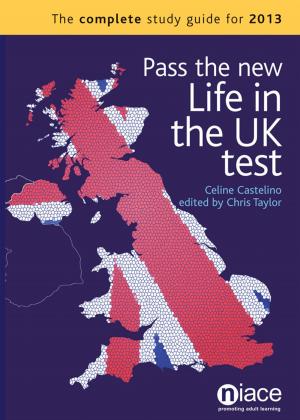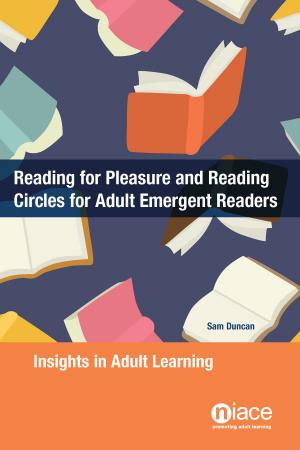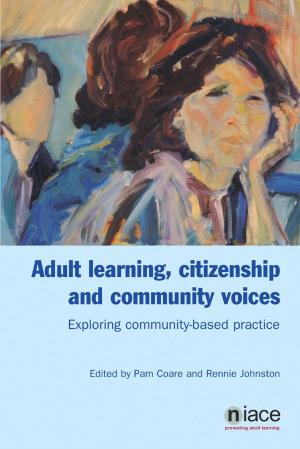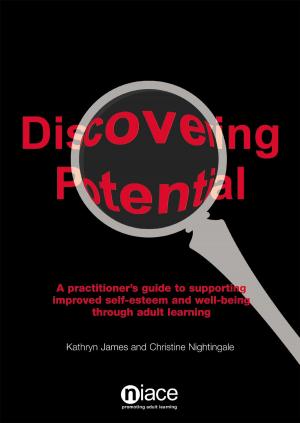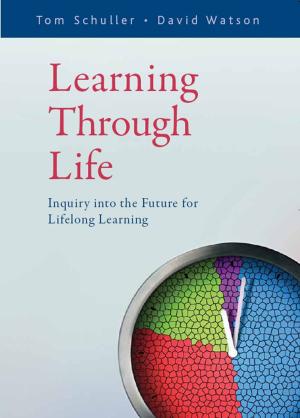Adult Literacy and Development: Studies from the Field
Nonfiction, Reference & Language, Language Arts, Literacy, Education & Teaching, Educational Theory, Philosophy & Social Aspects| Author: | Alan Rogers, Brian Street | ISBN: | 9781862015760 |
| Publisher: | National Institute of Adult Continuing Education (NIACE) | Publication: | July 31, 2012 |
| Imprint: | National Institute of Adult Continuing Education | Language: | English |
| Author: | Alan Rogers, Brian Street |
| ISBN: | 9781862015760 |
| Publisher: | National Institute of Adult Continuing Education (NIACE) |
| Publication: | July 31, 2012 |
| Imprint: | National Institute of Adult Continuing Education |
| Language: | English |
In Adult Literacy and Development: Stories from the Field, Alan Rogers and Brian Street draw upon their extensive experience in adult literacy promotion in many different countries of the developing world and the West, and on the work of many others (both researchers and practitioners) to try to understand what literacy means in different contexts and to develop new ways in which the uses of literacy can be promoted. They advocate the use of ethnographic approaches to explore the nature of everyday literacy practices, especially those learned through informal learning. In seeking new ways of promoting literacy, they argue that the two fields of the informal learning of informal literacies and the formal learning of formal literacies which ethnographic studies have revealed can form an alliance; that each can build on the other to increase the literacy practices in everyday use. Adult Literacy and Development: Stories from the Field is brought to life with stories drawn from their experience and is illustrated with photographs of adult literacy practices in different international contexts. It will appeal to all those concerned with adult literacy, whether in so-called Developing countries or the West – practitioners and policy makers, planners and trainers, and researchers and students in development and educational programmes.
In Adult Literacy and Development: Stories from the Field, Alan Rogers and Brian Street draw upon their extensive experience in adult literacy promotion in many different countries of the developing world and the West, and on the work of many others (both researchers and practitioners) to try to understand what literacy means in different contexts and to develop new ways in which the uses of literacy can be promoted. They advocate the use of ethnographic approaches to explore the nature of everyday literacy practices, especially those learned through informal learning. In seeking new ways of promoting literacy, they argue that the two fields of the informal learning of informal literacies and the formal learning of formal literacies which ethnographic studies have revealed can form an alliance; that each can build on the other to increase the literacy practices in everyday use. Adult Literacy and Development: Stories from the Field is brought to life with stories drawn from their experience and is illustrated with photographs of adult literacy practices in different international contexts. It will appeal to all those concerned with adult literacy, whether in so-called Developing countries or the West – practitioners and policy makers, planners and trainers, and researchers and students in development and educational programmes.
